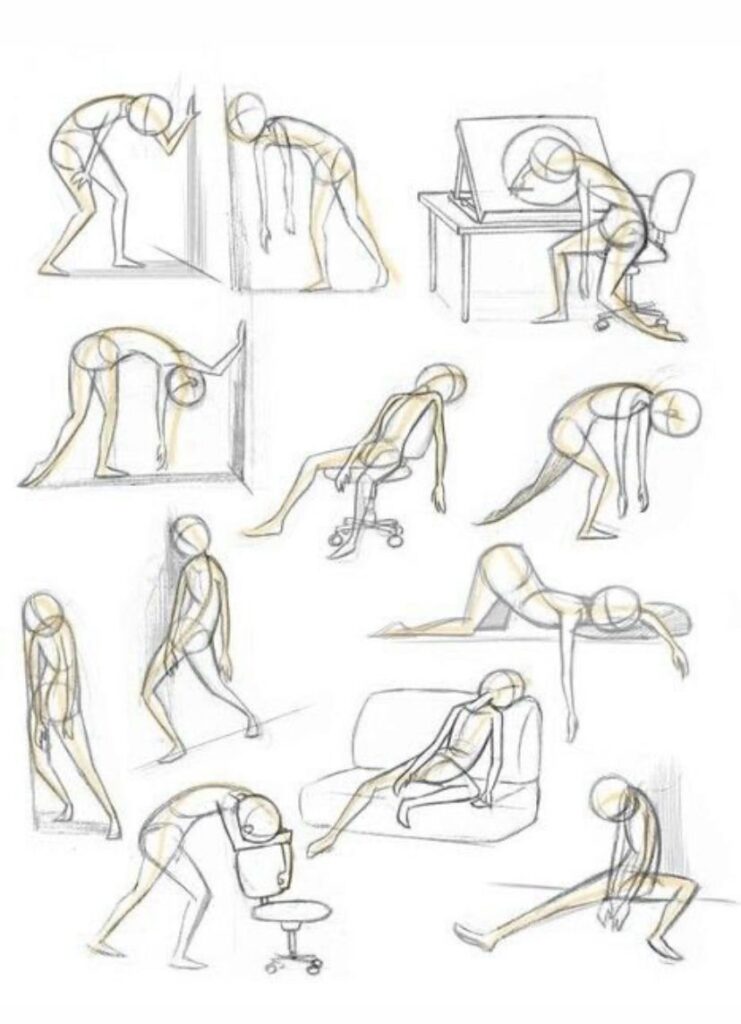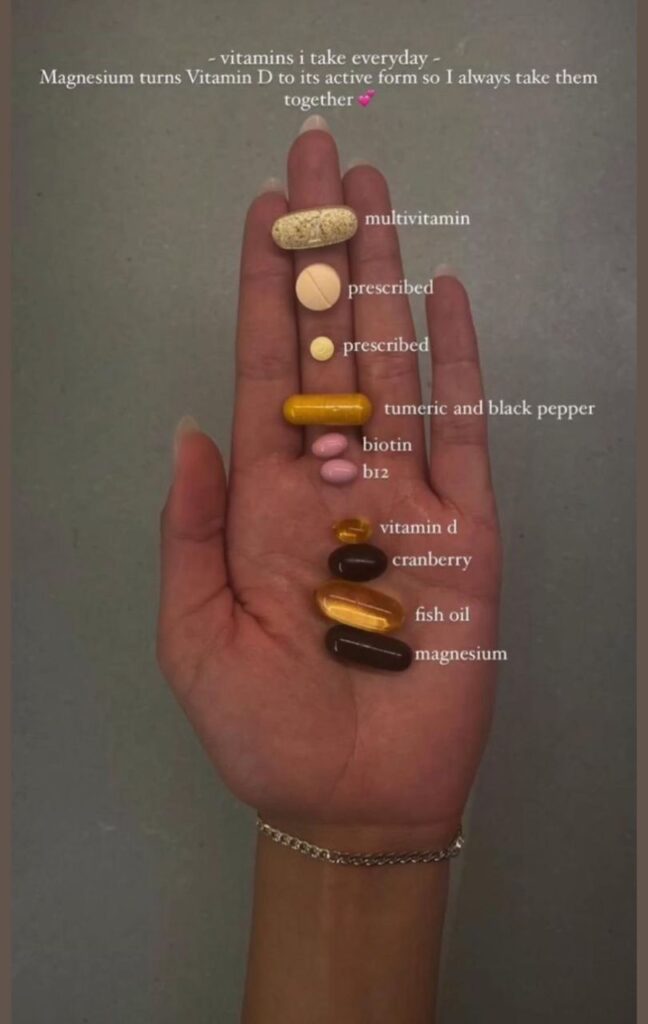You Are What You Eat: A Guide to Knowing When Your Body is Telling You to Stop.

It’s easy to overlook the signals our bodies send us about our eating habits. While eating is essential for nourishment and pleasure, it’s crucial to listen to our bodies and recognize when it’s time to stop. Overeating can lead to various health issues, including obesity, diabetes, and heart disease. This guide will help you understand the signs your body gives you to indicate it’s time to put down the fork.
- Physical Fullness
The most obvious signal your body sends is the feeling of fullness. When your stomach stretches to accommodate food, it sends signals to your brain indicating it’s time to stop eating. Pay attention to these signs:
Gentle Stretching: A slight stretching or tightness in your stomach is a sign that you’ve had enough.
Comfortable Fullness: You should feel satisfied but not stuffed. Aim to stop eating when you reach this point.
- Slow Down and Chew
Rushing through meals can lead to overeating before your brain has a chance to catch up with your stomach. Here are some tips to slow down:
Chew Thoroughly: Chew each bite fully to help your body process and signal when you’re full.
Pause Between Bites: Take small breaks during your meal to allow your body to register fullness.
- Mindful Eating
Mindfulness can transform your eating habits. Being present and attentive while eating helps you listen to your body’s cues:
Avoid Distractions: Turn off the TV, put away your phone, and focus on your meal.
Savor Each Bite: Pay attention to the flavors, textures, and aromas of your food.
- Emotional Eating
Sometimes, we eat not because we’re hungry, but because we’re stressed, bored, or emotional. Recognize the difference:
Identify Triggers: Keep a food diary to identify emotional triggers that lead to overeating.
Find Alternatives: Instead of turning to food, try other activities like walking, reading, or talking to a friend.
- Listen to Your Body
Your body communicates its needs through various signals. Learn to recognize and respect them:
Hunger Cues: Eat when you’re genuinely hungry, not just because it’s mealtime or food is available.
Satiety Signals: Stop eating when you feel satisfied, not when your plate is empty.
- Portion Control
Managing portion sizes can help prevent overeating. Here’s how:
Use Smaller Plates: Smaller plates can make portions appear larger, helping you eat less.
Pre-Portion Snacks: Avoid eating directly from the package to prevent mindless overeating.
- Stay Hydrated
Thirst is often mistaken for hunger. Ensure you’re drinking enough water throughout the day:
Drink Before Meals: Have a glass of water before eating to help with satiety.
Regular Hydration: Keep a water bottle handy and sip throughout the day.
Listening to your body is key to maintaining a healthy relationship with food. By paying attention to physical and emotional signals, practicing mindful eating, and adopting healthy habits, you can avoid overeating and promote overall well-being. Remember, your body knows best—trust it to guide you towards a healthier, happier you.
By Edima Columbus

 English
English 





































































































































































































































































































































































































































































































































































































































































































































































































































































































































































































































































































































































































































































































































































































































































































































































































































